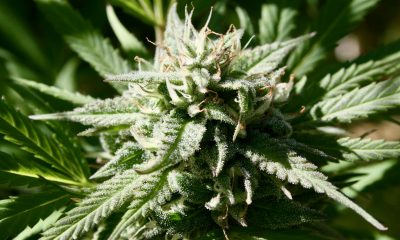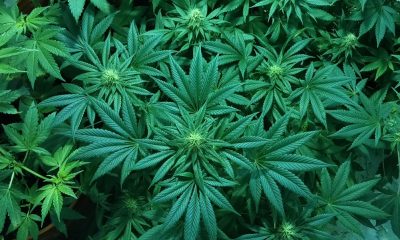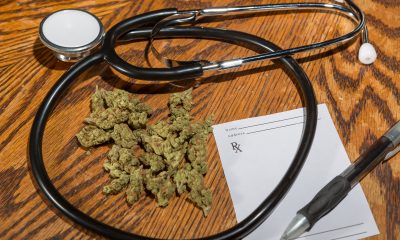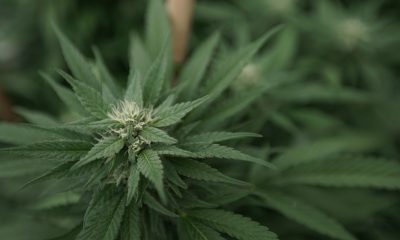Politics
USDA Awards $745,000 For Hemp Association To Promote The Industry In ‘New Markets’ Across The World
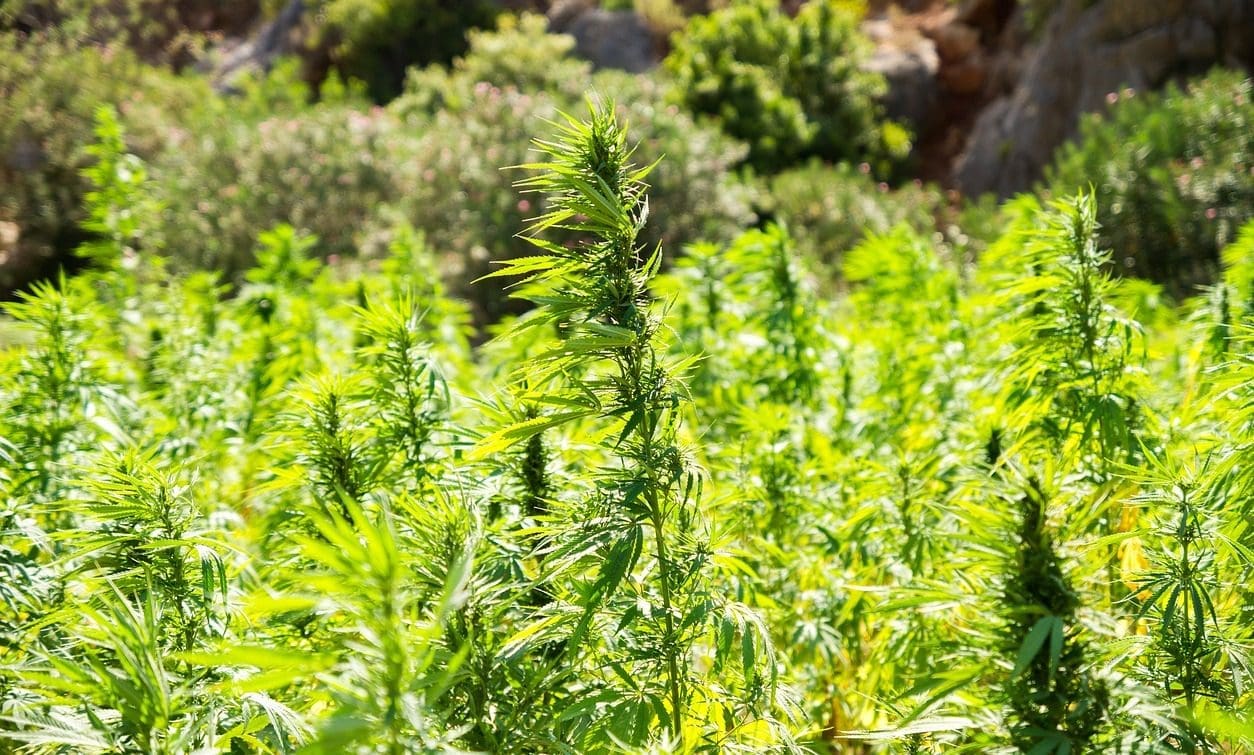
The U.S. Department of Agriculture (USDA) has awarded $745,000 to a hemp association to support efforts to promote the industry internationally in emerging markets across the world.
The National Industrial Hemp Council of America (NIHC) announced on Friday that it secured the funding under USDA’s Regional Agricultural Promotion Program (RAPP), which is meant to bolster global exports of agricultural commodities.
“We extend our gratitude to the USDA for recognizing the vital role of industrial hemp in global export markets,” NIHC President and CEO Patrick Atagi said. “This funding is crucial for advancing the industry through NIHC’s efforts to promote U.S. hemp as a safe, high-quality and sustainable commodity used in various products, from clothing to building materials to fuels.”
USDA said the program “aims to diversify and expand market opportunities for U.S. food and agricultural products beyond the traditional top customers” like Canada, Mexico, the European Union and China.
“Instead, RAPP will focus on enhancing U.S. exports to new markets in parts of the world—including South and Southeast Asia, Latin America, the Middle East and Africa—where the middle class is growing and the desire for high-quality food and farm products is increasing,” the department said. “Gaining market share in these diverse and dynamic markets will help U.S. exporters better weather global shocks and better compete in an increasingly volatile global marketplace.”
📢 Today @SecVilsack has announced that USDA is allocating $300M to 66 U.S. organizations, under the new Regional Agricultural Promotion Program (RAPP), to diversify markets for U.S. food and farm exports around the world ➡️ https://t.co/d4awsYzTmo pic.twitter.com/RQ89Q7g76Q
— Dept. of Agriculture (@USDA) May 21, 2024
The hemp association is one of 66 organizations that received RAPP funds this year.
In 2020, USDA awarded NIHC $200,000 as part of a different grant program. Over recent years, the department has separately appointed three executive members of the hemp association to different boards of its Agricultural Technical Advisory Committee (ATAC) that offer the government technical advice about specific agricultural commodities and products.
The latest grant round is being distributed during a precarious time for the hemp industry. While a USDA report found that the market started to rebound in 2023 after suffering significant losses the prior year, it’s now facing uncertainties as congressional lawmakers on the House side advance bills that would effectively ban most consumable hemp-based cannabinoid products—a major sector of the cannabis economy.
The Congressional Research Service (CRS) said in a report last week that hemp provisions included in one spending bill that’s moved through committee could also “create confusion” for the industry due to a lack of clarity around the type of allowable products.
Meanwhile, the Farm Bill that advanced through the House Agriculture Committee last month also contains provisions that would reduce regulatory barriers for certain hemp farmers and scale-back a ban on industry participation by people with prior drug felony convictions.
Under the new Regional Agricultural Promotion Program (RAPP), @USDA and the Biden-Harris Administration are focused on creating more, new, and better markets for U.S. producers and agribusiness. Exports are a critical part of that effort. https://t.co/OvN6MUWuXZ
— Secretary Tom Vilsack (@SecVilsack) May 21, 2024
Specifically, it would make it so USDA, states and tribal entities could choose to eliminate a policy that prevents people with felony drug convictions in the past 10 years from being licensed to produce industrial hemp.
However, advocates had hoped to see more expansive language, such as what was described in Senate Democrats’ recent summary of their forthcoming Farm Bill draft. Under that plan, there would be a mandate to eliminate the ban, rather than simply authorizing it, and it would cover all hemp producers, not just those growing it for non-extraction purposes.
That said, the Senate Agriculture Committee has not yet released the draft text of their bill, so it remains to be seen if the summary description matches what will ultimately be released. Bipartisan House lawmakers filed standalone legislation last year that would broadly lift the felony ban for would-be hemp producers.
Lawmakers and stakeholders have also been eyeing a number of other proposals that could be incorporated into the Farm Bill—and which could come up as proposed amendments as the proposal moves through the legislative process—including measures to free up hemp businesses to legally market products like CBD as dietary supplements or in the food supply.
—
Marijuana Moment is tracking more than 1,500 cannabis, psychedelics and drug policy bills in state legislatures and Congress this year. Patreon supporters pledging at least $25/month get access to our interactive maps, charts and hearing calendar so they don’t miss any developments.
![]()
Learn more about our marijuana bill tracker and become a supporter on Patreon to get access.
—
The USDA data on the slight rebound in the hemp economy in 2023 is the result of a survey that the department mailed to thousands of farmers across the U.S. in January. The first version of the department’s hemp report was released in early 2022, setting a “benchmark” to compare to as the industry matures.
Bipartisan lawmakers and industry stakeholders have sharply criticized FDA for declining to enact regulations for hemp-derived CBD, which they say is largely responsible for the economic stagnation.
To that end, FDA Commissioner Robert Califf testified before the House Oversight and Accountability Committee in April, where he faced questions about the agency’s position that it needed additional congressional authorization to regulate the non-intoxicating cannabinoid.
USDA is also reportedly revoking hemp licenses for farmers who are simultaneously growing marijuana under state-approved programs, underscoring yet another policy conflict stemming from the ongoing federal prohibition of some forms of the cannabis plant.
For the time being, the hemp industry continues to face unique regulatory hurdles that stakeholders blame for the crop’s value plummeting in the short years since its legalization. Despite the economic conditions, however, a recent report found that the hemp market in 2022 was larger than all state marijuana markets, and it roughly equaled sales for craft beer nationally.
Meanwhile, internally at USDA, food safety workers are being encouraged to exercise caution and avoid cannabis products, including federally legal CBD, as the agency observes an “uptick” in positive THC tests amid “confusion” as more states enact legalization.
Photo courtesy of Pixabay.




